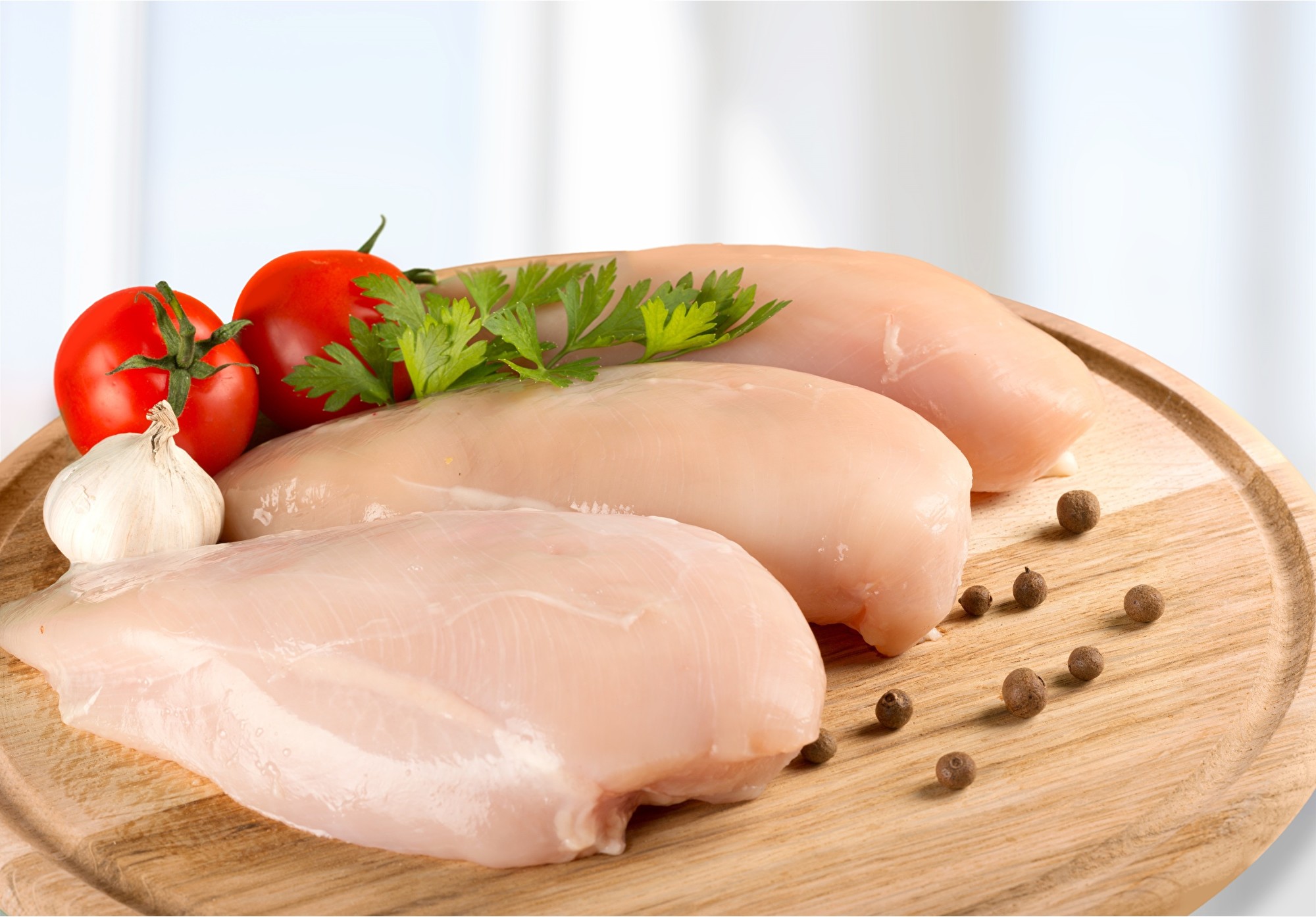(2).jpg)
Be cautious of cardiovascular issues when indulging in junk food; it may lead to the formation of arterial plaques, triggering heart disease and potentially fatal conditions like aortic dissection. Unhealthy dietary habits, such as consuming red meat and sugary beverages, can promote inflammation in the body, increasing the risk of cardiovascular diseases. A recent study by Harvard University revealed that individuals with the highest intake of pro-inflammatory foods faced over a 40% higher risk of developing heart disease.
To analyze the relationship between diet and cardiovascular diseases, the study followed over 210,000 men and women. Compared to those who consumed the highest amounts of anti-inflammatory foods, individuals with the highest intake of pro-inflammatory foods had a 46% increased risk of heart disease and a 28% increased risk of stroke. Among the 33,700 participants with elevated levels of three inflammation-related markers in their blood, the risks were notably higher.
.jpg)
Dr. Kathryn Rexrode, Associate Professor of Preventive Medicine and Internal Medicine at Harvard Medical School, explained that when the body enters an inflammatory state, cell hormones (cytokines) are released into the bloodstream. This makes various cells more likely to adhere to the arterial vessel walls, leading to the formation of vascular plaques. Therefore, reducing the consumption of "junk food" can help lower the occurrence of heart disease.
Impact of Food on Gut Bacteria and Inflammation:
The exact reasons why diet can induce inflammatory responses in the body are not conclusively established. However, Professor Rexrode suggests that it may be related to the influence of diet on gut bacteria composition and the growth of specific bacterial species. Different foods can lead to the production of various chemical by-products by gut bacteria. Some types of food are more likely to increase the growth of bacteria that induce inflammation, while others can help suppress the growth of inflammatory bacteria.

According to statistics from Harvard University Hospital, foods that are shown to increase inflammation include red meat (beef, pork, lamb), processed meats (ham, sausages, bacon), organ meats, refined carbohydrates, and sugary drinks. Foods that can help reduce inflammation include dark green vegetables (spinach, kale, cabbage), pumpkin, carrots, sweet potatoes, brown rice, and oats.
Harvard University emphasizes that, overall, vegetables and fruits contain antioxidants, polyphenols, and other substances that can reduce inflammation. Coffee and green tea also contain potential protective ingredients. Additionally, replacing refined starches with whole grains can lower inflammation markers in the blood.
Recommendations for Dietary Adjustments:
Completely avoiding the consumption of "unhealthy" foods is not easy, as processed foods are readily available and often contain excessive sugar and salt, encouraging overeating without realizing it. If possible, consider adjusting meal content, such as replacing bread with oatmeal for breakfast or choosing chicken breast over processed meat for lunch. For homemade dinners, opt for brown rice or quinoa instead of white rice.
Professor Rexrode explains that high-carbohydrate main dishes, snacks, and desserts are not entirely off-limits but should be avoided with frequent daily intake. Substituting fruits for desserts is a healthier alternative to reduce the consumption of excessive pro-inflammatory foods, ultimately promoting better health.